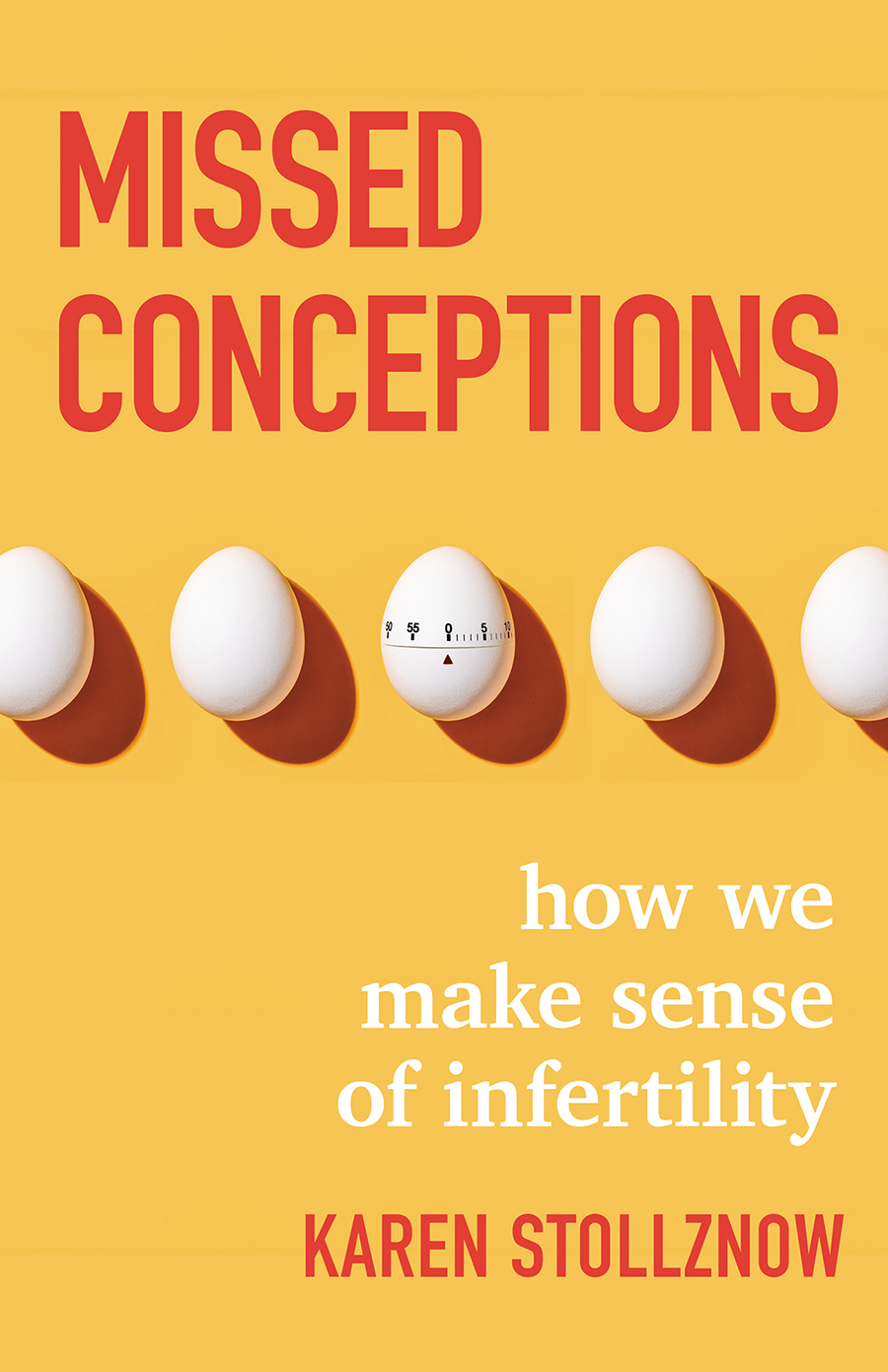What do you think?
Rate this book


Infertility is one of the most painful and painfully common of human experiences. One in six couples will experience fertility challenges when they attempt to get pregnant, and while more and more people have spoken openly about infertility in recent years, the experience can still be incredibly isolating.
But none of us is alone in our struggles. In fact, infertility is a universal part of the human experience that is mentioned in the earliest human writings. Across cultures and throughout time, the experiences of people who have faced fertility problems are widely discussed in early manuscripts, medical treatises, diaries, novels, poetry, plays, and song.
After her own decade-long struggle to conceive, linguist and historian Karen Stollznow journeyed through history--from ancient civilizations and religions, to early-modern folklore, to current-day popular culture and modern medical practice--to try to make sense of what we mean by infertility and what infertility means for us. In Missed Conceptions, she shines a light on attitudes and beliefs about infertility, tests urban legends and old wives' tales, explores folk medicine and alternative therapies, and delves into modern science, separating fact from fiction along the way.
Blending personal narrative, historical research, and pop culture, Stollznow gives voice to a reality that has long been spoken about in hushed tones. For anyone who is trying (and failing) to conceive, who will do just about anything to achieve what has been mistakenly called "the most natural thing in the world," this book is a welcome and hopeful companion.
243 pages, Hardcover
Published April 25, 2023